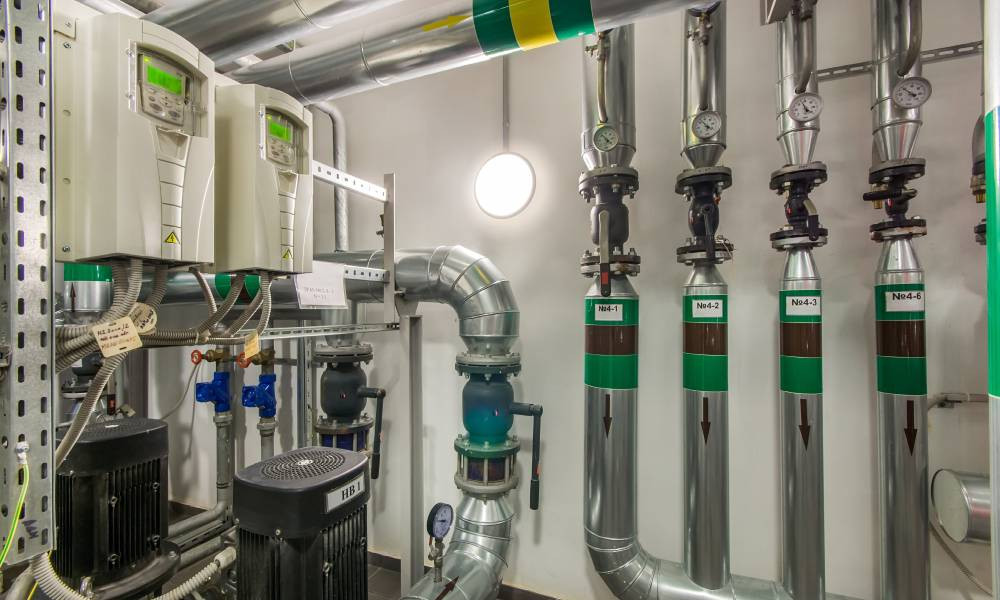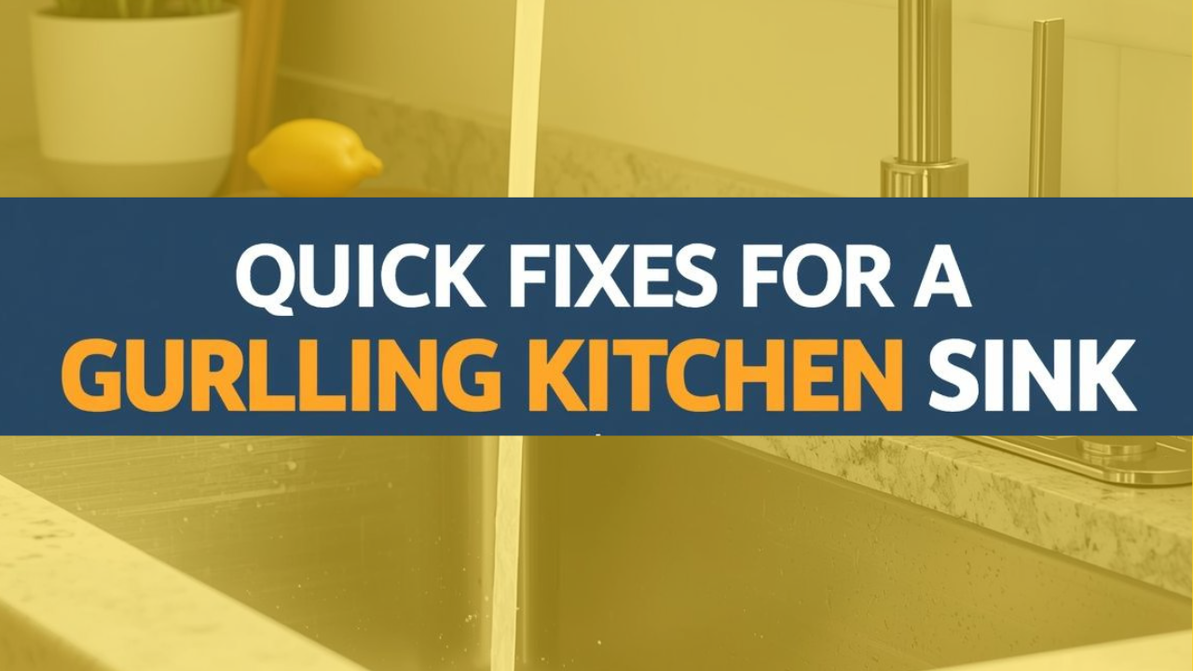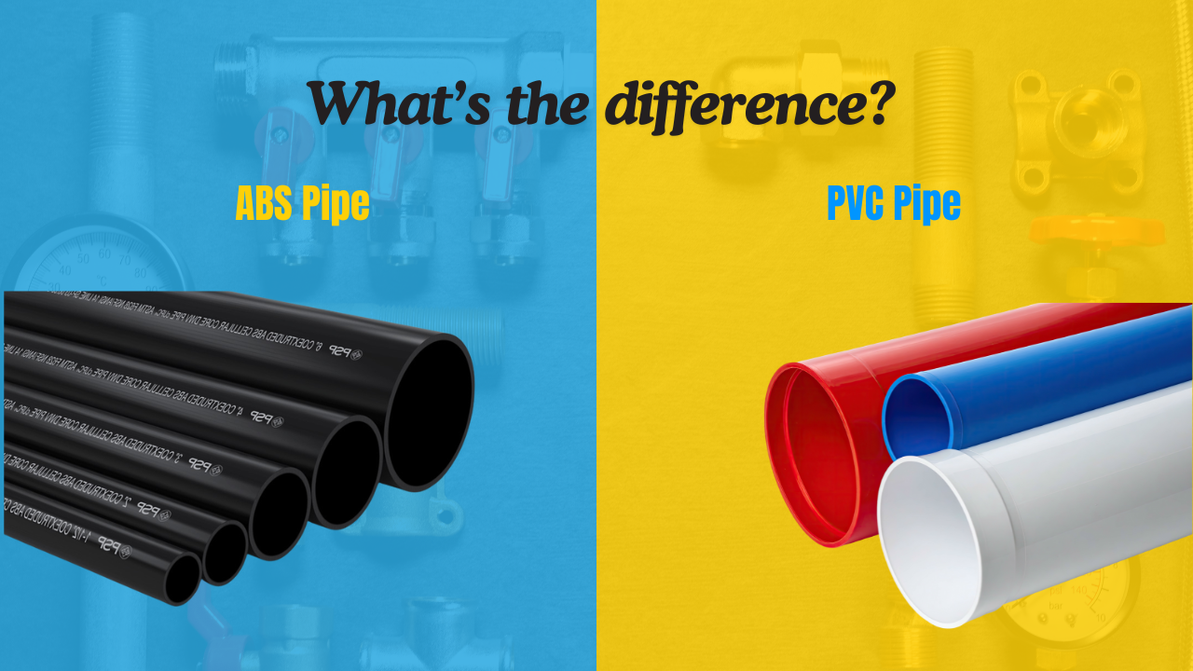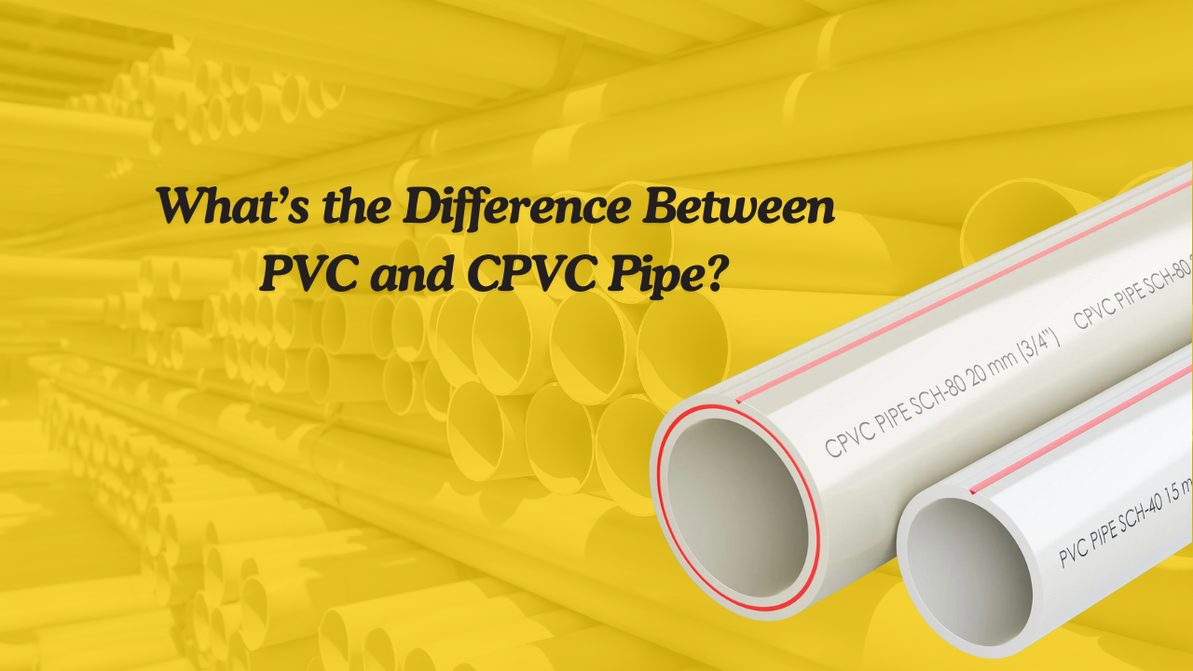How To Know When To Replace a Commercial Water Heater
A commercial water heater plays a crucial role in your business operations, providing hot water for various essential tasks such as sanitation, cleaning, and heating. Yet, like any piece of equipment, it won't last forever. Recognizing when to replace a commercial water heater can save you from unexpected breakdowns, costly repairs, and unwelcome disruptions to your business.
Imagine guests experiencing cold showers in a hotel or a restaurant struggling with unsterilized dishes during peak hours. These scenarios underscore the importance of timely water heater replacement. But how can you tell when it's time? Understanding the key indicators will empower you to make informed decisions that keep your operations smooth and efficient.
Today, we’ll examine the signs suggesting it may be time to replace your commercial water heater. By the end, you'll have a clear roadmap to proactively address potential issues before they turn into major problems.
The Heater’s Age
Commercial water heaters, like all mechanical equipment, have a finite life span. For traditional tank models, expect it to last around 10 to 15 years, while tankless systems can last up to 20 years.
As your water heater ages, its efficiency diminishes, and the likelihood of breakdowns increases. An aging unit requires more energy to heat water, which translates to higher operational costs. Keep an eye on the manufacturing date of your unit—often located on the label—and consider planning for a replacement before you experience a catastrophic failure. Proactive replacement can save you from unexpected downtime and costly emergency repairs.
Decreased Efficiency
A sudden spike in your energy bills could indicate that your commercial water heater is losing its efficiency. Over time, sediment and minerals from the water supply accumulate at the bottom of the tank. The sediment creates a barrier between the heating elements and the water, which causes the system to work harder and use more energy to achieve the desired temperature.
This inefficiency not only drives up your energy costs but also strains the system, accelerating wear and tear. Regular maintenance, such as flushing the tank, can help mitigate this issue, so you may not need to upgrade just yet. But if inefficiencies persist, it may be time to consider a replacement to restore optimal performance and reduce costs.
Inconsistent Temperature
Inconsistent water temperatures can be incredibly frustrating, especially in a commercial setting where reliable hot water is crucial. If your water heater struggles to maintain a consistent temperature or delivers hot water sporadically, it’s a clear indicator of underlying issues.
These problems can arise from failing heating elements, malfunctioning thermostats, or general wear and tear on the system. While some of these components can be repaired or replaced, frequent temperature fluctuations often signal that the entire unit is nearing the end of its useful life. Investing in a new commercial water heater for sale can ensure a steady supply of hot water and keep your operations running smoothly.
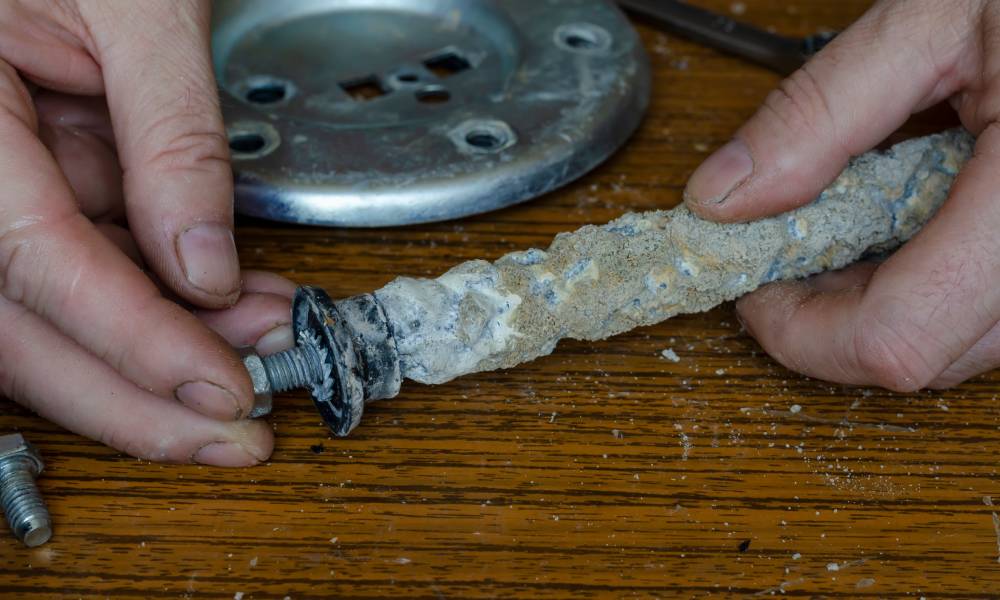
Odd Noises
Unusual sounds like popping, banging, or rumbling coming from your water heater aren’t just annoying—they’re a sign of deeper issues. These sounds typically result from sediment buildup in the tank and on the essential components within. When water heats up, trapped sediment may move around, which creates noise.
Over time, this sediment hardens, reducing the tank’s efficiency and potentially damaging those internal components. Despite regular maintenance efforts like flushing the tank, persistent noises indicate that the water heater is struggling and may soon fail. Replacing the unit can eliminate these disturbances and improve overall efficiency.
Visible Rust and Corrosion
Rust and corrosion are clear visual indicators that your water heater may be on its last legs. Rust often appears around the water inlet, pressure relief valve, or even in the water itself. Corrosion weakens the structural integrity of the tank, leading to leaks and potential ruptures.
While external rust can sometimes be treated and cleaned, internal corrosion is a more serious issue. It compromises the tank’s ability to function safely and effectively. Frequent inspections can help catch these signs early, but once corrosion sets in, replacement is the best course of action to avoid costly water damage and operational disruptions.
Leaks and Water Damage
Speaking of water damage, even small leaks can point to significant problems with your commercial water heater. Leaks usually indicate that the tank has developed cracks or fissures due to age and constant use. Look for puddles or damp spots around the base of the unit or anywhere nearby.
Water damage can lead to mold growth, structural issues, and annoying, expensive repairs. Ignoring these signs can result in severe property damage and more extensive business interruptions. If you’re frequently dealing with leaks, it’s likely more economical and practical to replace the entire unit rather than continually patch up problems.
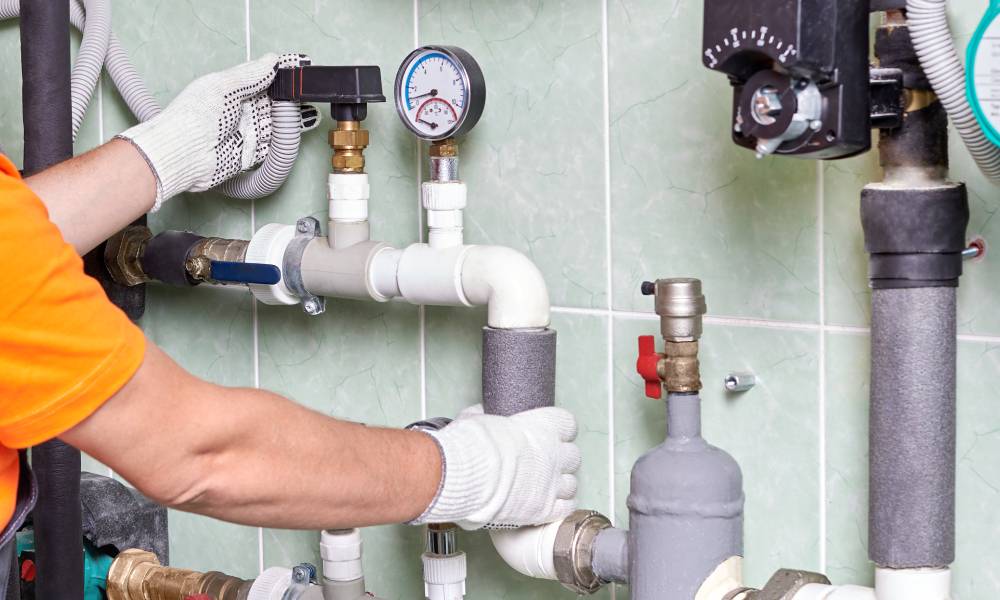
Frequent Need for Repairs
If you find yourself repeatedly calling for repairs, your water heater is very likely nearing the end of its service life. Those constant repairs not only add up in terms of cost but also cause repeated disruptions to your business.
Chronic issues such as failing components, persistent leaks, or ongoing performance problems suggest that the water heater is no longer reliable. At some point, the cost of repairs will outweigh the benefits of keeping the old unit. Investing in a new, modern water heater can provide peace of mind, improved efficiency, and consistent performance, ultimately saving you money and hassle in the long run.
Now That You Know…
When you choose to replace your commercial water heater, you harness an opportunity to upgrade to a more efficient and reliable system. Modern water heaters come with advanced features like digital thermostats and smart sensors, which can help you save on energy costs and reduce maintenance headaches.
Proactively replacing your old unit allows you to select a water heater that perfectly matches your current and future needs. This means fewer unexpected disruptions and a consistent supply of hot water essential for your business operations. Plus, new units often come with comprehensive warranties, providing peace of mind and financial protection against potential repairs.
So when those signs of wear and tear start to pile up, view it as a chance to invest in a better future for your business. A new water heater isn’t just a replacement—it's an upgrade to a more efficient, reliable, and sustainable solution.
Recent Posts
-
Quick Fixes for a Gurgling Kitchen Sink
A gurgling kitchen sink can be quite a nuisance since it makes such an annoying noise. It usually si …Feb 26th 2026 -
ABS Pipe vs PVC: Choosing the Right Plumbing Solution
ABS pipe vs PVC pipe are two of the most common plastic piping options in plumbing today. ABS (Acryl …Feb 24th 2026 -
What’s the Difference Between PVC and CPVC Pipe?
PVC and CPVC pipes may look similar, but their performance and uses are definitely not the same. PVC …Feb 24th 2026
